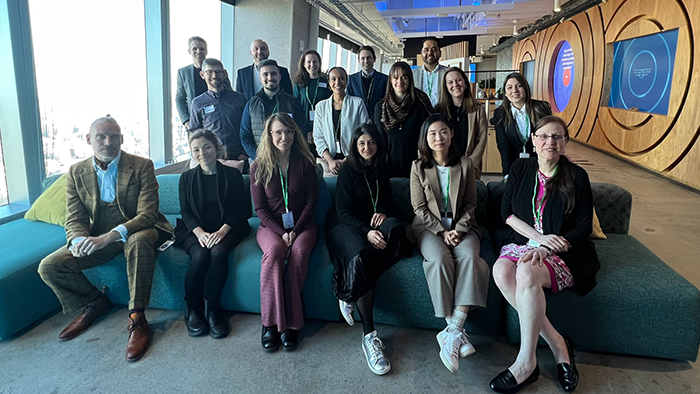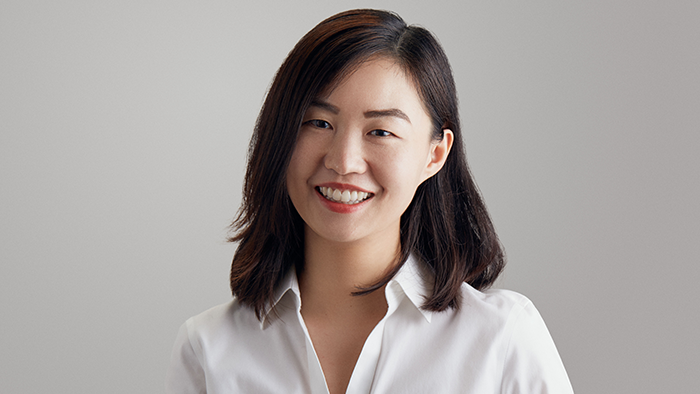最新消息及活動
互動媒體學者參與世衛社媒研究計劃(只有英文版)
Interactive Media Scholar joins WHO Social Media Research Project
Dr Jingyuan Jolie Shi of the School of Communication has been appointed to a World Health Organization (WHO) panel investigating how to convey health-related risks through social media. Shi, an assistant professor in the Department of Interactive Media, has been invited to join the steering committee overseeing the three-year international research project.
Titled “Framing Health Risks through Social Media Platforms”, the project is being conducted by WHO’s Behavioural Insights Unit, which was established in 2020 to understand health behaviours from a social scientific perspective and thus improve the outcomes of health policies, services, and communication.
 |
|

|
Dr Jolie Shi (front row, second right) with other participants at the WHO Ideation Workshop |
Shi joined four other social scientists who specialise in risk communication and decision making around the world at the project’s first ideation workshop from 14 to 16 March 2023 in New York City. The participants also included representatives from WHO and Meta. Meta is the parent company of Facebook and Instagram.
Shi’s research focuses on the effects of persuasive messages on health decision-making in mediated contexts and how communication technology can be used for well-being purposes. Her research offers implications for developing theory-driven communication strategies and health communication campaigns for offline and online contexts in the current digitalized society.
 |
|

|
Dr Jolie Shi of the Department of Interactive Media, School of Communication |
In a recently published paper in Human Communication Research, Shi conducted an online experiment to examine how negative comments affect the attitude of observers towards social media campaign messages that promote counseling for depression.
“Digital media environments introduce new conditions that shape public communication campaign processes,” Shi notes. “Therefore, when evaluating health communication campaigns conducted on social media, campaign planners may need to assess individuals’ observations of campaign-related conversations as an additional indicator along with the audience’s exposure to the campaign’s messages and engagement in pertinent interpersonal conversations.”
Shi’s research has been driven by her interests in exploring the radical differences between traditional media and digital media when formulating health communication campaigns, and how these might stimulate the development new health communication theories. “These are very interesting areas to study because more and more people are using social media to promote and consume health-related information,” she says. “So this research project by WHO is a large-scale research that will provide a bigger context and a more interdisciplinary approach to a research area I have been working on for five to six years.”


